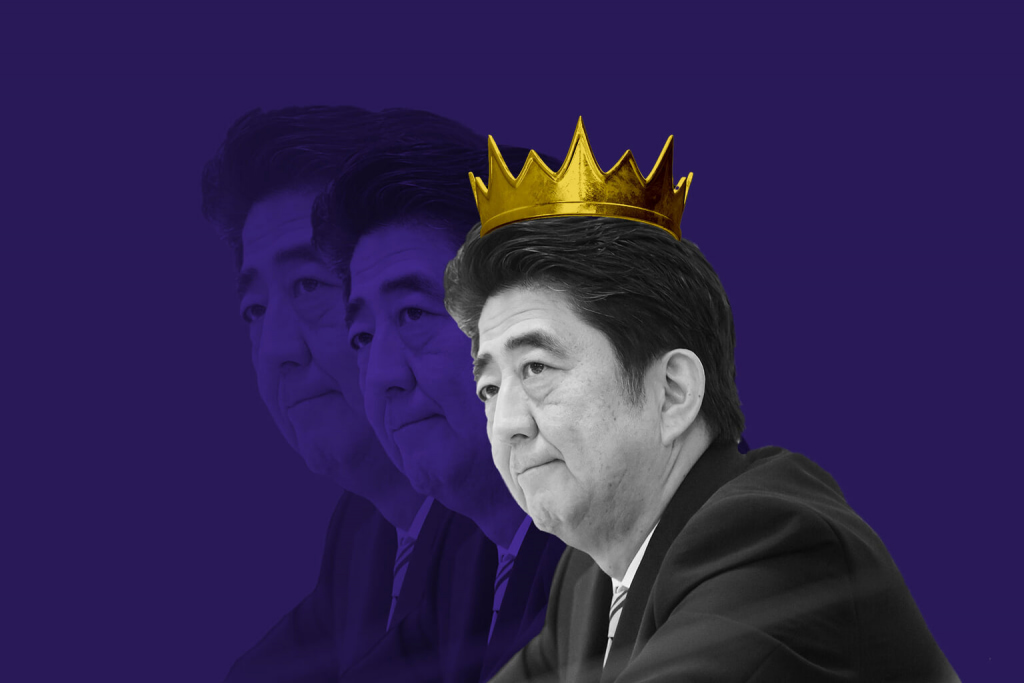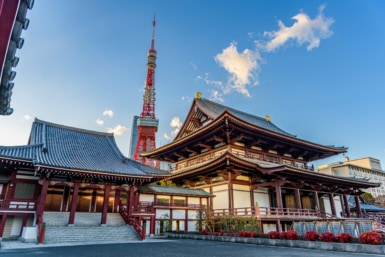When Fumio Kishida was sworn into office on October 4, it was rather boring for several reasons. Firstly, the man himself has the charisma of an automated answering machine. Secondly, he will continue many of the fiscal and social policies of his predecessors, irrespective of their individual merits. I hope you’re all thrilled at the prospect of a few more years of bumbling Abenomics. And most dishearteningly, it symbolized yet another victory for political nepotism.
Nepotism is virtually inseparable from democratic politics the world over: think the political dynasties of Bush (the US), Bolsonaro (Brazil), Cavendish (the UK), Gandhi (India), or Weizsäcker (Germany). But perhaps, as many political scholars point out, this is merely a by-product of democracy in action; a reflection of a public who vote with the axiom “if it’s not broken, don’t fix it” in mind.
In Japan, however, political nepotism is at its most entrenched and the system which enables this is in no hurry to reform itself.
Hereditary Politics as Status Quo
The Hiroshima-based Kishida family has robust political roots. The newly anointed PM is both son and grandson to former representatives of the Lower House of parliament. He’s also related to the Miyazawa family, whose late patriarch Kiichi served as PM during the early 1990s. Such familial ties are not coincidental.
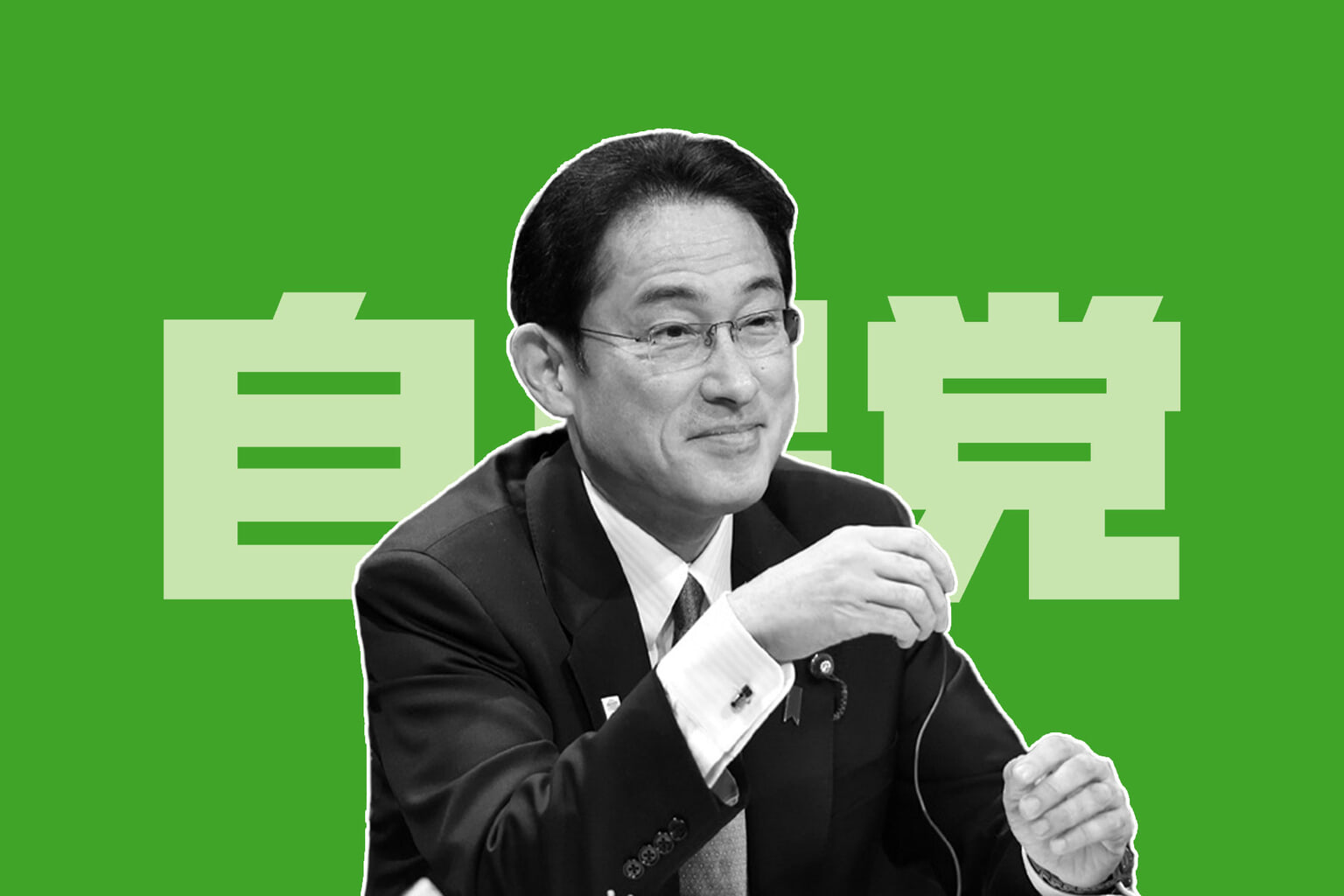
In the post-war era, only four of Japan’s 32 sitting Prime Ministers have had no politicians in their family. And as recently as 2018, a full 45 percent of LDP Diet members were nisei, or second-generation politicians. In essence, that means almost half of the ruling party of the nation inherited their seats. One expects this kind of succession to play out in an Arthurian legend, not in one of the 21st century’s most developed democracies.
When your best shot at getting into office is to be born with a silver chopstick in your mouth and to have blue blood coursing through your veins, something about the democratic values upholding the pillars of governance have gone askew.
The Roots of the Japanese Political System
Japan’s political system doesn’t necessarily align with democracy in its most textbook form. Rather it’s a functional bureaucracy with all the statesmanship, brown-nosing, inter-factional stonewalling, media silencing, corruption and sycophantism that such a system entails.
The last of these certainly plays a role in passing Diet seats down hereditary lines. The establishment does not desire change. It commands respect – a concept baked into the fabric of Japanese society – and operates on the belief that a nephew or a crony’s son is much more likely to be servile, do what he’s told and stay in line for fear of getting hammered back down (much like the nail that dares stick out).
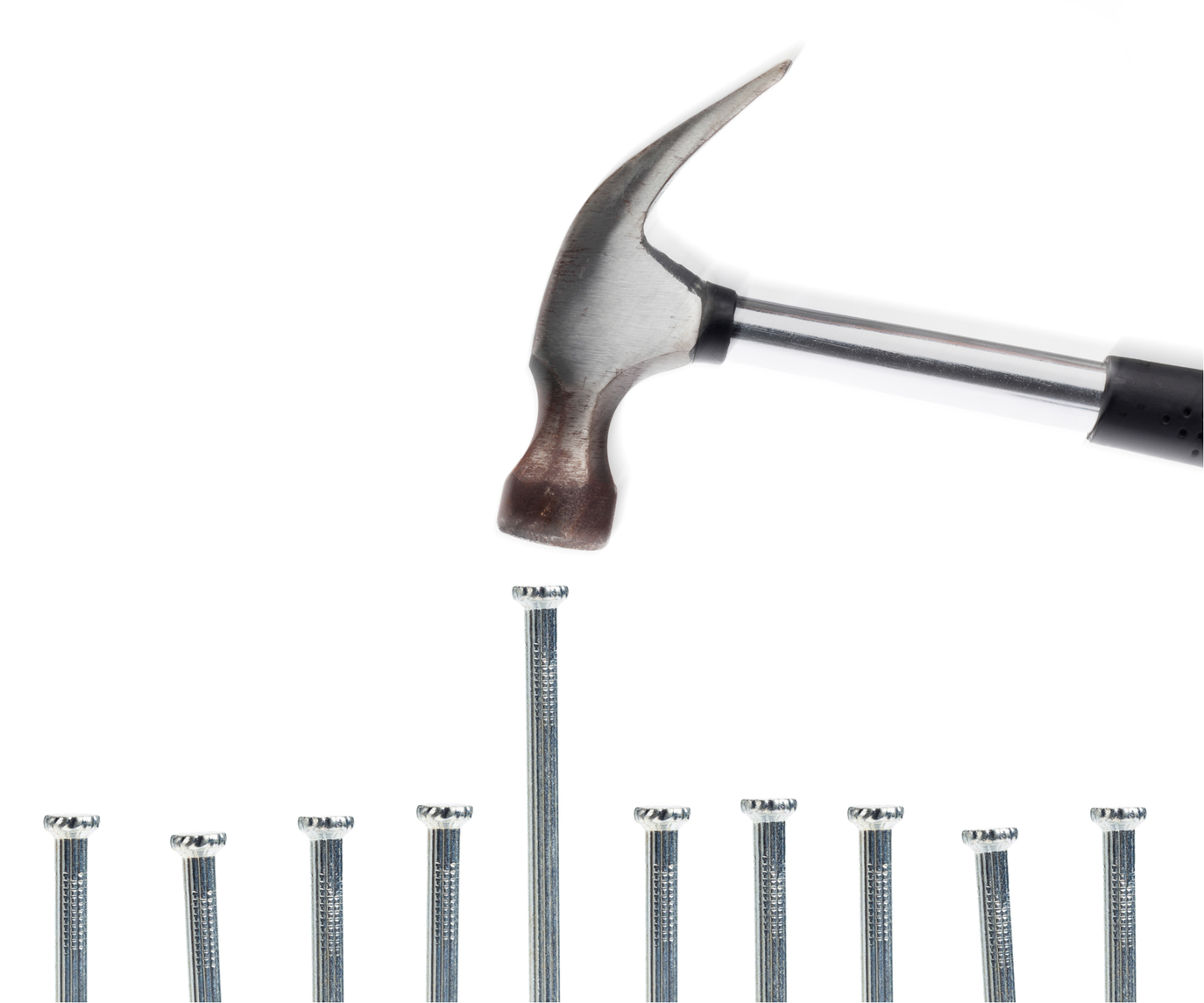
Creating a framework for family members to slip virtually unchallenged into seats of power is the best way to ensure the country remains marching to the same old tune. This framework is provided by support organizations, or koenkai. These personal political machines are designed to rally voters around an individual politician rather than a party or school of thought. They serve as a conduit for the transfer of constituent-centric policies one way and finance and support the other.
As koenkai are linked to individuals, rather than parties, passing them onto one’s progeny receives little pushback. In deeply conservative, rural areas where things like strength of name and maintaining a lineage still play an important role in society, koenkai have been instrumental in keeping the LDP in control of the nation – almost without interruption – since 1955.
The One-Party State
This brings up another issue with politics in Japan: it’s become something akin to a one-party state. The Center for the Study of Democracy suggested in a paper that this LDP dominance has resulted from political “system-support” which may derive from the general respect for authority that permeates Japanese culture. In other words, the system in place has largely been favored by the voter base, even if the party commanding it hasn’t always. With opposition parties often threatening to overhaul the system, their pledges are rarely met with open arms.
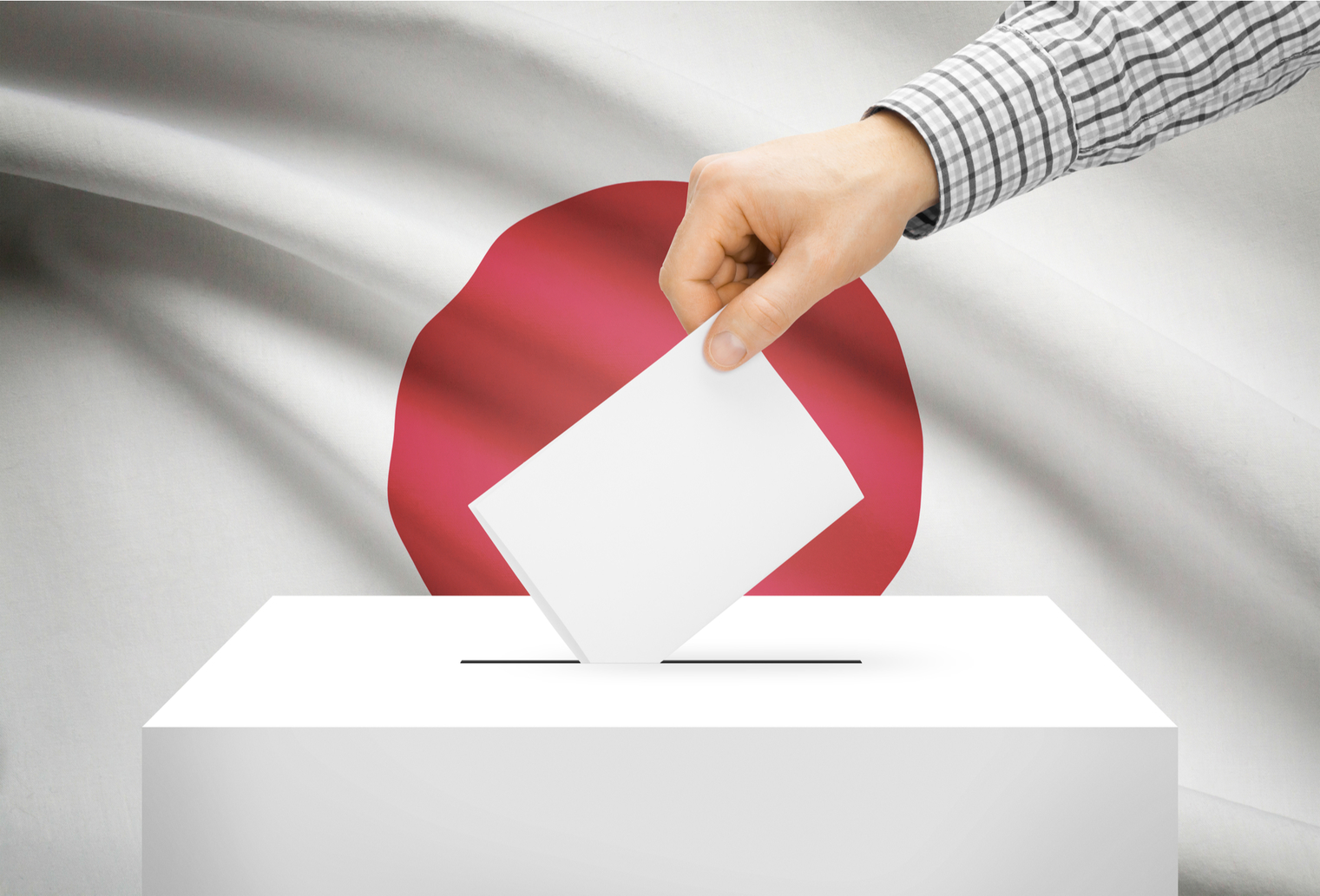
The LDP also operates under a moniker of liberalism, but in reality, the litany of post-war party leaders has been about as liberal as dyed-in-the-wool Reaganites (at best). Though this doesn’t mean they have been broad-stroke failures, they have largely presided over nationalistic policies which lie significantly to the right of those offered by opposing parties.
Nobusuke Kishi provides the most extreme example of illiberalism. The maternal grandfather of Shinzo Abe, Kishi served as Prime Minister from 1957 to 1960 and left behind a legacy as bloody as a wedding in Westeros. A bellicose hawk, Kishi was known as the “Monster of the Showa Era” for his role in annexing Manchuria by force and signing the declaration of war in 1941. Though imprisoned by the occupying US forces following Japan’s surrender, he was released before helping forge the LDP and the system of governance that has kept his party in power.
Nobuo Kishi, Shinzo Abe’s younger brother, new defense minister who also carries the last name of their grandfather, an accused war crimes suspect and former Japanese prime minister. pic.twitter.com/IG88Wueb5p
— Motoko Rich (@motokorich) September 16, 2020
This system, called the “1955 system,” allowed the bureaucrats and Diet politicians to operate so tightly in synch that the former essentially controlled which bills would pass through parliament, making it next to impossible for opposition bills to pass into law. These same bureaucrats naturally favor the politicians most likely to fall in line with their whims, which brings us back to hereditary politics.
System Failure
Nepotism may be a by-product of democratic systems, but in Japan, it is the system. One doesn’t so much rise to power, as one is born with it as their destiny before being sufficiently groomed for office. It doesn’t always work as planned. Shinjiro Koizumi, son of former PM Junichiro, was seen by many as the next in line for the political throne. But he has tumbled out of favor since the public grew tired of his vapid, if long-winded and abstract, rhetorical style.
But as Fumio Kishida has shown, and Shinzo Abe before him, and twenty six other PMs before that, in the race for political power the sons of former ministers – and it is always sons – are competing in a league of their own.
Updated On October 14, 2021

